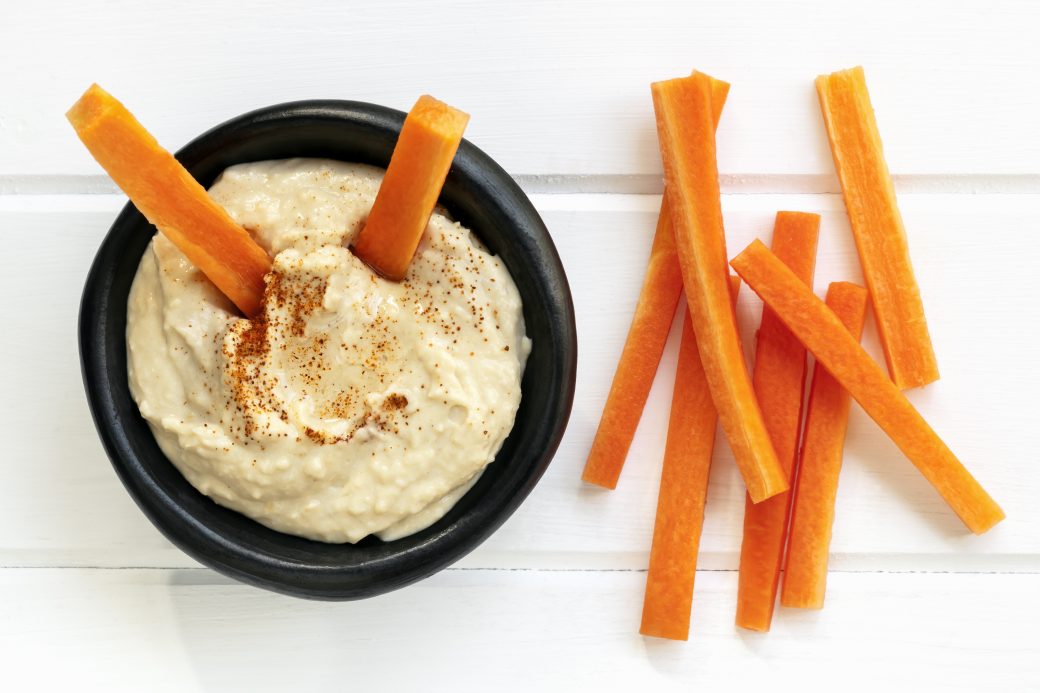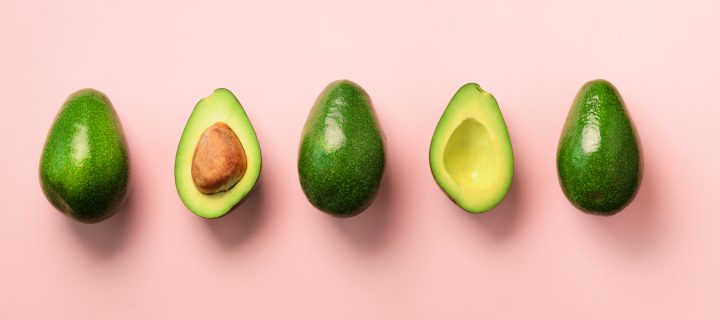If you’re on a diet, or even just conscious of what kinds of food you’re consuming, success always seems to be measured by willpower.
That’s the key to successful weight loss, isn’t it?
Not quite.
In a new study, researchers at Rutgers found that overindulging—especially in high-fat foods—could be caused not by a lack of fortitude, but rather a hormonal response triggered by an imbalance in the brain. When there’s a lack of the hormone GLP-1 in the brain, we overeat and crave high-fat foods, whether your willpower is strong or not.
So you shouldn’t feel too bad if you’re succumbing to eating too much, or having trouble kicking some high-fat foods from your routine. The only way to battle overeating is to have a series of strategic fight-back foods at the ready—foods that will keep your cravings at bay and your brain satisfied.
These foods will do just that. Read this before you open that bag of chips:
Green Tea
According to a study at the University of Florida, the more belly fat we have, the harder it is to control our appetite. Green tea can help you fight (that belly fat) back. Researchers say the distinctive catechins found in green tea trigger the release of fat from fat cells, which in turn speeds up the liver’s process of turning that fat into energy.
Hummus

Legumes like beans, chickpeas, lentils or peas, are alternatives that’ll keep you feeling full until your next real meal. In recent studies, scientists have found people who consume ¾ to a cup of legumes a day felt up to 31% fuller than those who had zero. As a bonus, legumes such as chickpeas and hummus are not only packed with protein, but also give you the chance to eat more fiber-rich vegetables. Yes, that’s a good thing.
Avocado
It seems odd to add a fat to a meal if you’re trying to control fatty cravings, but eating a moderate amount of monounsaturated fat can ward off the munchies by regulating hunger hormones. Avocado, olive oil, and nuts all do the trick. A study published in Nutrition Journal found that participants who ate half a fresh avocado with lunch reported a 40 percent decreased desire to eat for hours afterward.
Related: Tips to Ensure You Aren’t Skipping Lunch at Work
Greek Yogurt
Greek yogurt is packed with more calcium than you’ll find in milk or regular yogurt, the key to curbing your mood. Calcium gives your body the “Go!” signal, alerting your brain to release feel-good neurotransmitters. At the opposite end, subpar calcium consumption leads to ailments like anxiety, depression, irritability, impaired memory, and slow thinking.
Skim Cappuccino
If a part of your daily routine consists of hunting down a mid-day snack, head to the local coffee shop instead. A skim cappuccino can kick any cravings aside, as foam-based foods and drinks can significantly reduce appetite and snack cravings. Your gut and brain are pretty gullible, and air-injected food tricks us into feeling fuller—without the need for additional calories. If you tend to avoid caffeine in the latter hours of the day, popcorn can have the same filling effect at a small calorie cost.
Photo Credit: j.chizhe/Shutterstock.com; Robyn Mackenzie/Shutterstock.com












